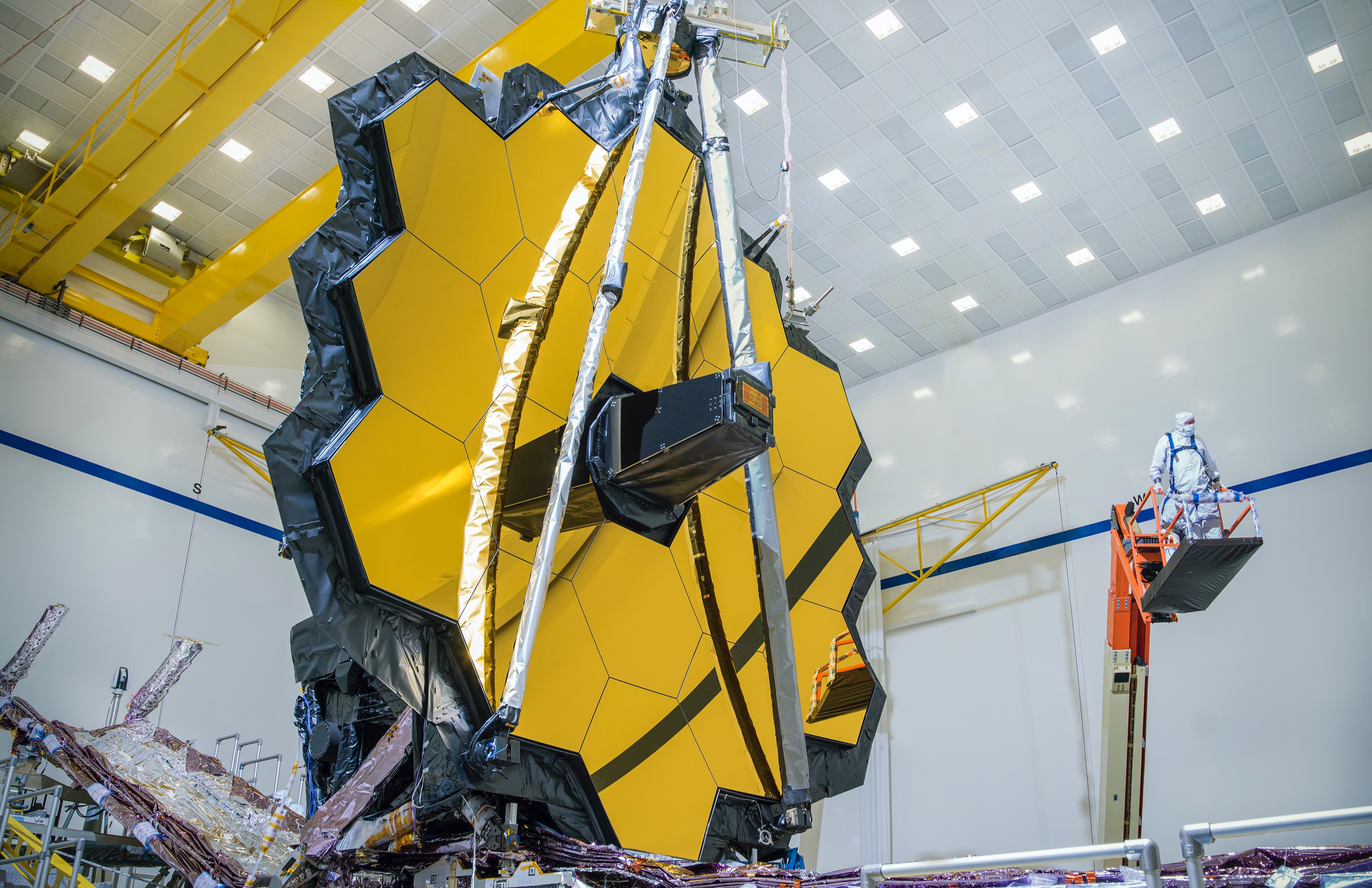Science News Roundup: Earliest-known 'dead' galaxy spotted by Webb telescope; Russia says it is considering putting a nuclear power plant on the moon with China and more
But their age had remained unclear. Earliest-known 'dead' galaxy spotted by Webb telescope The James Webb Space Telescope since becoming operational in 2022 has uncovered numerous surprises about what things were like in the universe's early stages.

Following is a summary of current science news briefs.
Stone tools in Ukraine offer oldest evidence of humans in Europe
A dating method based on cosmic rays has identified stone tools found in western Ukraine as the oldest-known evidence of human occupation in Europe - 1.4 million years ago - showing that the peopling of the continent occurred hundreds of thousands of years earlier than previously known. Researchers said on Wednesday the stone tools - the most primitive kind known - were initially unearthed in the 1970s near the town of Korolevo in the Carpathian foothills along the Tysa River, close to Ukraine's borders with Hungary and Romania. But their age had remained unclear.
Earliest-known 'dead' galaxy spotted by Webb telescope
The James Webb Space Telescope since becoming operational in 2022 has uncovered numerous surprises about what things were like in the universe's early stages. We now can add one more - observations of a galaxy that was already "dead" when the universe was only 5% of its current age. Scientists said on Wednesday that Webb had spotted a galaxy where star formation had already ceased by roughly 13.1 billion years ago, 700 million years after the Big Bang event that gave rise to the universe. Many dead galaxies have been detected over the years, but this is the earliest by about 500 million years.
Russia says it is considering putting a nuclear power plant on the moon with China
Russia and China are considering putting a nuclear power plant on the moon from 2033-35, Yuri Borisov, the head of Russia's space agency Roscosmos said on Tuesday, something he said could one day allow lunar settlements to be built. Borisov, a former deputy defense minister, said that Russia and China had been jointly working on a lunar program and that Moscow was able to contribute with its expertise on "nuclear space energy".
Nobel laureates sound alarm as Argentina cuts science funding
Sixty-eight Nobel laureates in chemistry, medicine, economics, and physics sent a letter on Wednesday to Argentine President Javier Milei voicing concern that cuts to science and technology funding will hinder Argentina's development and its global contributions. "We observe how the Argentine science and technology system is approaching a dangerous precipice, and we are discouraged by the consequences that this situation could have both for the Argentine people and for the world," the scientists said in the letter seen by Reuters.
(With inputs from agencies.)
ALSO READ
Data-Driven Healthcare: WHO's Strategic Indicators for Better Outcomes in Romania
U.S. Supports Romania with $920 Million Loan for Defence Modernisation
Romania Seeks $2 Billion from U.S. for Military Upgrades
Romania Unveils New Offshore Wind Roadmap with Support from EU and World Bank
Russian Drone Incursion: Romania's Brief Airspace Breach










